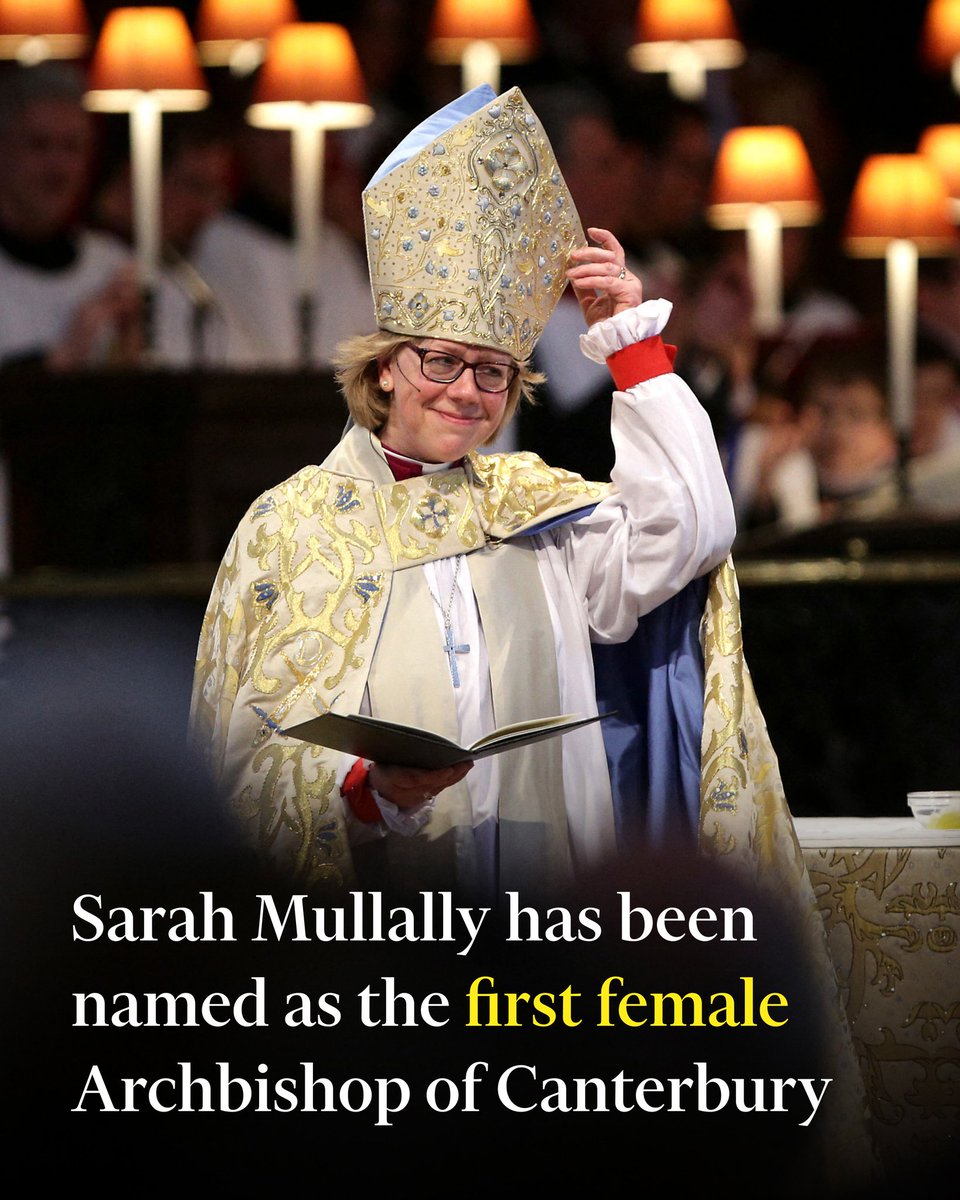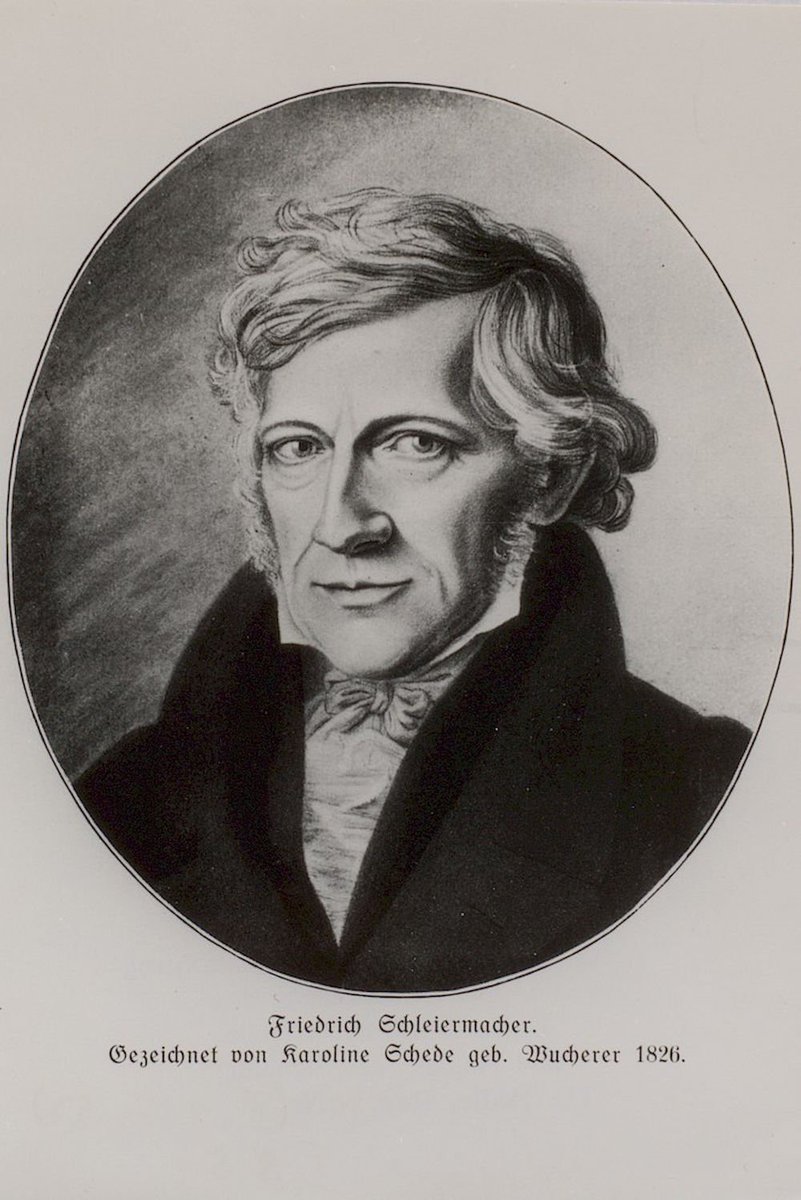
Biblical Studies Professor @GrimkeSeminary | Teaching Pastor @remnantrva | Mostly tweet about biblical theology, ethics, and anthropology.
How to get URL link on X (Twitter) App


 As a reminder, here's the basic biblical teaching on the office of elder / overseer / pastor, which the Lord has restricted to qualified men:
As a reminder, here's the basic biblical teaching on the office of elder / overseer / pastor, which the Lord has restricted to qualified men:




 Here's an alternative way to think about technology in general, and AI in particular, from a recent chapel message I gave a @grimkeseminary:
Here's an alternative way to think about technology in general, and AI in particular, from a recent chapel message I gave a @grimkeseminary: 

 Q. What is Scripture’s basic teaching on the natural differences between men and women?
Q. What is Scripture’s basic teaching on the natural differences between men and women?

 The basic scriptural vision of the sexes is one of harmonious asymmetry. I've written on that for Eikon / @CBMWorg here:
The basic scriptural vision of the sexes is one of harmonious asymmetry. I've written on that for Eikon / @CBMWorg here:
 Speaking on the occasion for the incarnation, Athanasius writes:
Speaking on the occasion for the incarnation, Athanasius writes: 

https://twitter.com/dougponder/status/1834309704761434606
 First, the Ten Commandments are more accurately called the Decalogue (from the Latin meaning “Ten Words” or “Ten Statements”). This reminds us that Exod. 20 and Deut. 5 contain more than commands, for they also give reasons for obeying them.
First, the Ten Commandments are more accurately called the Decalogue (from the Latin meaning “Ten Words” or “Ten Statements”). This reminds us that Exod. 20 and Deut. 5 contain more than commands, for they also give reasons for obeying them.

 The problem is this:
The problem is this:


 Here's the passage in the ESV:
Here's the passage in the ESV:https://twitter.com/kenschenck/status/1803040079494942781Schenck: “I affirm women in all roles of ministry leadership on the following basis:

 1. The most obvious fact is that LGBT teens are not doing well... despite increasing attention in media, news, etc., and expanded legal rights (Obergefell in 2015).
1. The most obvious fact is that LGBT teens are not doing well... despite increasing attention in media, news, etc., and expanded legal rights (Obergefell in 2015).
 As the image above shows, the terms enjoy a significant level of overlap. Twice they are used synonymously in the very same paragraph:
As the image above shows, the terms enjoy a significant level of overlap. Twice they are used synonymously in the very same paragraph:
 For further reflection:
For further reflection: